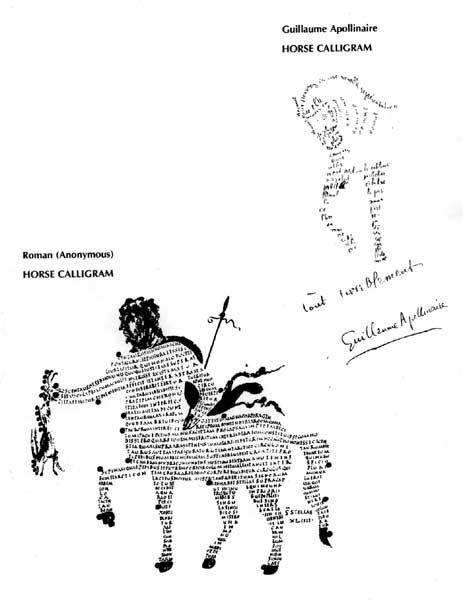Some Statements As A Tentative Manifesto
"Freedom lives only in the realm of dreams!'' Ownness, on the contrary, is my whole being and existence, it is I myself. I am free from what I am rid of, owner of what I have in my power or what I control. My own I am at all times and under all circumstances, if I know how to have myself and do not throw myself away on others. To be free is something that I cannot truly will, because I cannot make it, cannot create it: I can only wish it and – aspire toward it, for it remains an ideal, a spook. The fetters of reality cut the sharpest welts in my flesh every moment. But my own I remain. Given up as serf to a master, I think only of myself and my advantage; his blows strike me indeed, I am not free from them; but I endure them only for my benefit, perhaps in order to deceive him and make him secure by the semblance of patience, or, again, not to draw worse upon myself by contumacy. But, as I keep my eye on myself and my selfishness, I take by the forelock the first good opportunity to trample the slaveholder into the dust. That I then become free from him and his whip is only the consequence of my antecedent egoism. Here one perhaps says I was “free” even in the condition of slavery – namely, “intrinsically” or “inwardly.” But “intrinsically free” is not “really free,” and “inwardly” is not “outwardly.” I was own, on the other hand, my own, altogether, inwardly and outwardly. Under the dominion of a cruel master my body is not “free” from torments and lashes; but it is my bones that moan under the torture, my fibres that quiver under the blows, and Imoan because my body moans. That Isigh and shiver proves that I have not yet lost myself, that I am still my own. My leg is not “free” from the master's stick, but it is my leg and is inseparable. Let him tear it off me and look and see if he still has my leg! He retains in his hand nothing but the – corpse of my leg, which is as little my leg as a dead dog is still a dog: a dog has a pulsating heart, a so-called dead dog has none and is therefore no longer a dog.
by M. Stirner, from The Ego and Its Own.
No moral terrorism…
No moral terrorism can control the fact that the face the work of art turns toward the viewer gives him pleasure, even if it is only the formal fact of temporary liberation from the compulsion of practical ends. Thomas Mann expressed that in his phrase about art as “higher-order-farce”, something intolerable to those with good morals.
By T. Adorno, Notes to Literature III, “Commitment”
Deedahism
The Deedahist movement began in Sheffield as early as 1987. Anarcho-tribalists sought to express themselves through painting, photography, and poetry. Indeed, Zomaz the Anarchist wizard is often said to be a stereotypical gimboidal creation reflecting the frustrations experienced by the early pioneers of Deedahism.
Probably by Carlos Barcode. From his website at http://barcode.deedah.org/
Truth…
In 1958 I wrote the following: ‘There are no hard distinctions between what is real and what is unreal,nor between what is true and what is false. A thing is not necessarily either true or false; it can be both true and false.’ I believe that these assertions still make sense and do still apply to the exploration of reality through art. So as a writer I stand by them but as a citizen I cannot. As a citizen I must ask: What is true? What is false? Truth in drama is forever elusive. You never quite find it but the search for it is compulsive. The search is clearly what drives the endeavour. The search is your task. More often than not you stumble upon the truth in the dark, colliding with it or just glimpsing an image or a shape which seems to correspond to the truth, often without realising that you have done so. But the real truth is that there never is any such thing as one truth to be found in dramatic art. There are many. These truths challenge each other, recoil from each other, reflect each other, ignore each other, tease each other, are blind to each other. Sometimes you feel you have the truth of a moment in your hand, then it slips through your fingers and is lost.
By Harold Pinter, from “Art, Truth & Politics”.


